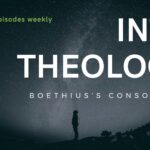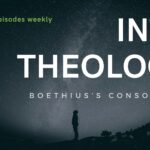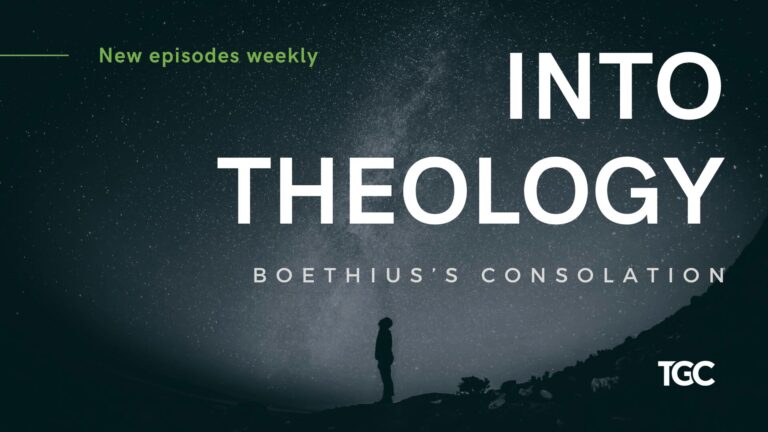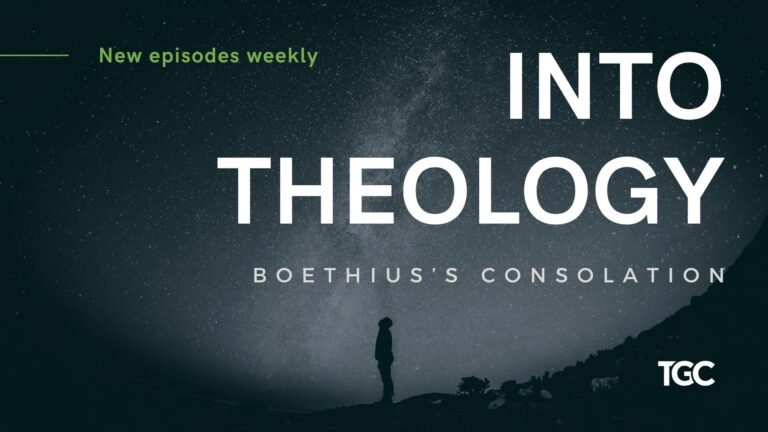In 1:19–2:26, James develops his central theme: “But be doers of the word, and not hearers only, deceiving yourselves” (James 1:22). For James, overcoming temptations and persevering through trials centers on doing good works in light of “the implanted word, which is able to save your souls.”
Throughout this section, James repeatedly defines the standard of good works by the Law (James 1:25; 2:8, 2:9, 2:10, 2:11, 2:12; only elsewhere in James 4:11). He refers to it variously as the law of liberty or freedom, the royal law, or simply the law.
What exactly does James by law in its varied senses?
The Royal Law
James’s designation “Royal Law” stems from Jesus being the king who summarized the Law in the same that James does in 2:8: “If you really fulfill the royal law according to the Scripture, ‘You shall love your neighbor as yourself,’ you are doing well.”
By citing Leviticus 19:8 as Jesus did to summarize the law (Matt 22:37-40), James defines the law as one of love. This connection is reinforced by James’s earlier reference to “our Lord Jesus Christ, the Lord of glory” (2:1), emphasizing His royal lordship.
The Perfect Law of Liberty
Two key passages in James speak of the perfect law of liberty:
“But the one who looks into the perfect law, the law of liberty, and perseveres, being no hearer who forgets but a doer who acts, he will be blessed in his doing.” (James 1:25)
“So speak and so act as those who are to be judged under the law of liberty.” (James 2:12)
A “perfect” law indicates one that has reached its fulfillment or completion. Given James’s reference to Jesus as the Lord of the Royal Law (2:1, 8), this suggests Jesus brings the law to its perfection or completion.
James’s summary of the law through the lens of loving one another reflects Jesus’s teaching, which permeates the entire book. The designation “law of liberty” may relate to God’s law being written on believers’ hearts in the new covenant. James has already mentioned God’s word being implanted within our soul for salvation (1:21) and regeneration (1:18).
Douglas Moo comments:
“Taken together, these points suggest that James’s ‘law’ does not refer narrowly to the law of Moses, but to the law of Moses as interpreted and supplemented by Christ. Perhaps, then, the addition of the word perfect connotes the law in its eschatological, ‘perfected’ form, while the qualification that gives freedom refers to the new-covenant promise of the law written on the heart (Jer 31:31–34; see the comments on v. 21), accompanied by a work of the Spirit enabling obedience to that law.” (Douglas Moo, James, 123)
Conclusion
James speaks of the perfect and royal law of liberty in light of the Lord Jesus Christ. The law is Royal because Christ is Lord; the Law is perfect because Jesus brings it to its fulfillment; and the law is freeing because it is written upon our hearts and thus frees us to do it. It makes us a doer, not just a hearer of the law.












